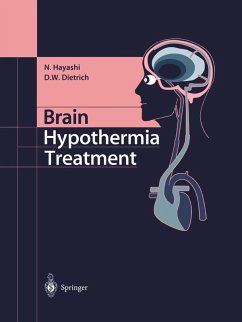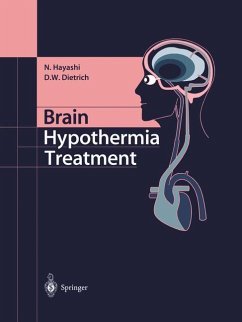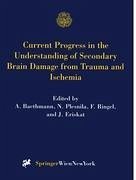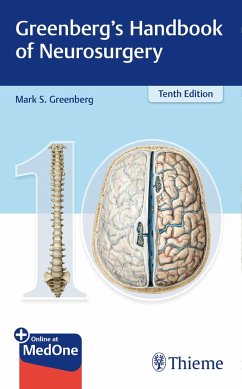
Hypothermia for Acute Brain Damage
Pathomechanism and Practical Aspects
Herausgegeben: Hayashi, N.; Bullock, R.; Dietrich, D. W.; Maekawa, T.; Tamura, A.
Versandkostenfrei!
Versandfertig in 1-2 Wochen
153,99 €
inkl. MwSt.

PAYBACK Punkte
77 °P sammeln!
The International Brain Hypothermia Symposium 2004was the second time I have had the honor of opening such a gathering on brain hypothermia treatment. It was a great pleasure to greet the participants in the hope that their valuablecontributions would make the Tokyo meeting memorable. Brainhypothermia has long been seen as a promising method that may overcome current limitations on brain resuscitation in patients with severe brain damage. However, although excellentresults have been obtained in experimental animal models, for some reason brain hypothermia has not alwaysbeen successful clinical...
The International Brain Hypothermia Symposium 2004was the second time I have had the honor of opening such a gathering on brain hypothermia treatment. It was a great pleasure to greet the participants in the hope that their valuablecontributions would make the Tokyo meeting memorable. Brainhypothermia has long been seen as a promising method that may overcome current limitations on brain resuscitation in patients with severe brain damage. However, although excellentresults have been obtained in experimental animal models, for some reason brain hypothermia has not alwaysbeen successful clinically,and resolving this problem has been a major challenge facing physicians specializing in brain therapies. The ICUmanagement of recent research has uncovered newmechanisms ofbrain damage not seen in animal models, including brain thermo-pooling at temperatures above 40°C in severe brain damage, masking neuronal hypoxia even with normal cerebral blood flow. Stress-related hyper glycemia withbrain hypothermia was expected to generate useful results in patients with external injuries, cerebral occlusive stroke, and cardiac arrest. In recent clinical studies of brain hypothermia treatment, many excellent results began being reported on the manage ment of severe brain injury, ischemic stroke, and post-resuscitation after cardiac arrest. However, in clinical brain hypothermia treatment many questions remained about appro priate treatment targets, leu management technique, prevention of complications, control of brain tissue temperature,management of hypothermia insult,and mechanisms underly ing the onset of vegetative states.














